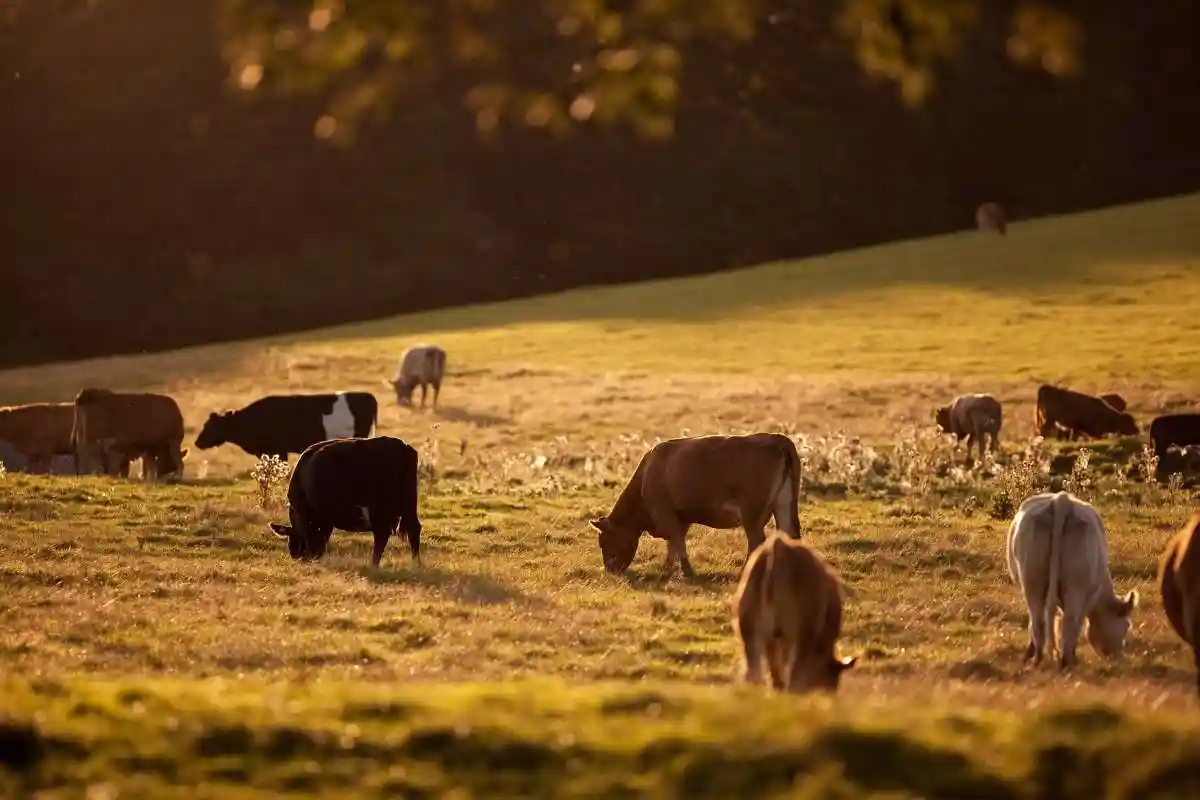
The rise of industrial meat production has disrupted traditional food systems, creating challenges that extend far beyond local butcher shops. While cheap meat appeals to many consumers, its hidden costs include environmental damage, ethical concerns about factory farming, and a decline in food quality. Local butchers, who prioritize sustainability, craftsmanship, and community engagement, are fighting to keep their trade alive against the pressures of mass production. Understanding the stakes in this battle reveals the broader implications for food sustainability, animal welfare, and the preservation of skills that are vital to producing high quality, ethically sourced meat. This course explores these issues and reflect on the future of our food systems.
Through this course, you will gain a deeper understanding of the challenges posed by the dominance of cheap meat in the global market. After watching the video, you will be able to:
These insights will enable you to understand the food industry more clearly and engage in conversations about sustainable and high quality food choices.
To make the most of this course, approach the material with an open mind and a willingness to question the systems behind the food on your plate. While watching the video, consider the perspectives of local butchers, the challenges they face, and the broader implications for sustainability. Take note of how industrial and local approaches to meat production differ and the effect these differences have on the environment and communities.
Once you have finished the video, you will take a short quiz to review what you have learned. This is a chance to reflect on the material and strengthen your understanding of sustainable, ethical, and high quality meat production.
Click the button to take the quiz and get your credit.